
(Ecofin Agency) – In January, the IMF approved a 36-month ECF arrangement worth about US$455 million for the Republic of Congo. An IMF team recently visited the country to assess the progress of the reform program contained in the deal.
In Congo, public debt is sustainable, but the risk of debt distress is high, the International Monetary Fund (IMF) said in a statement issued on Tuesday, December 6, 2022, at the end of a staff visit.
According to IMF figures, Congo’s public debt is dropping since 2020. From 77% of GDP in 2018, it rose to 84% in 2019. After a peak of 113.9% of GDP in 2020, it fell to 103% last year and is expected to drop further to 82% of GDP this year.
Despite this ongoing decline, the IMF believes that efforts need to be made to avoid a further spike. “Looking ahead, fiscal policy should focus on actions to safeguard debt sustainability while supporting higher, more resilient, and inclusive growth. […] To this end, this year’s spending overrun is planned to be compensated in 2023 with lasting measures that will create space for critical growth-enhancing spending over the medium term,” the fund indicates.
The measures to be taken by Congolese authorities include the cancellation of the newly introduced subsidy to the Société Nationale des Pétroles du Congo (SNPC), the cancellation of the VAT and customs duty exemptions offered to the state-owned company, and, “as inflation subsides in 2023, gradual fuel price deregulation accompanied by subsidies on public transport, cooking fuels, and stepped up social assistance to protect the most vulnerable.”
According to the IMF, the third review of the US$455 million ECF deal signed in January 2022 reveals shortcomings in the implementation of the reforms recommended under the assistance program. “Performance under the program was mixed. Three out of five end-June performance criteria were missed. In particular, the non-oil primary deficit and net domestic financing substantially exceeded their targets,” the Fund’s experts explain. This situation is due, among other things, to the introduction of a fuel import subsidy for the SNPC, they add.
For the remainder of the program, the authorities have nevertheless committed to strengthening measures to restore economic balance, in a context of gradual economic recovery. “More broadly, the government aims to prioritize development, payment of arrears, and external debt. The government also agreed that oil windfalls should primarily be used to build buffers, given large uncertainties surrounding oil prices,” the IMF writes.
Moutiou Adjibi Nourou

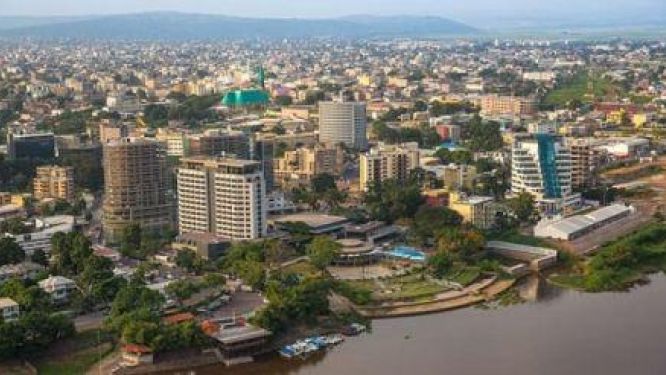
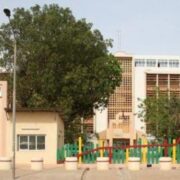
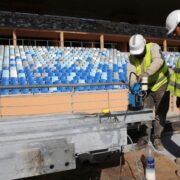
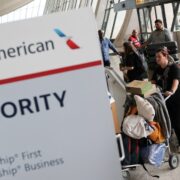




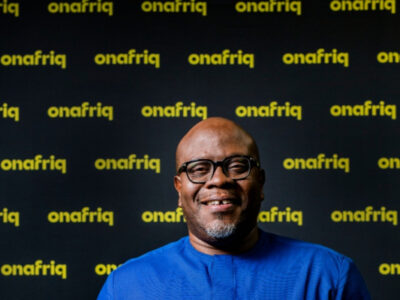

Comments